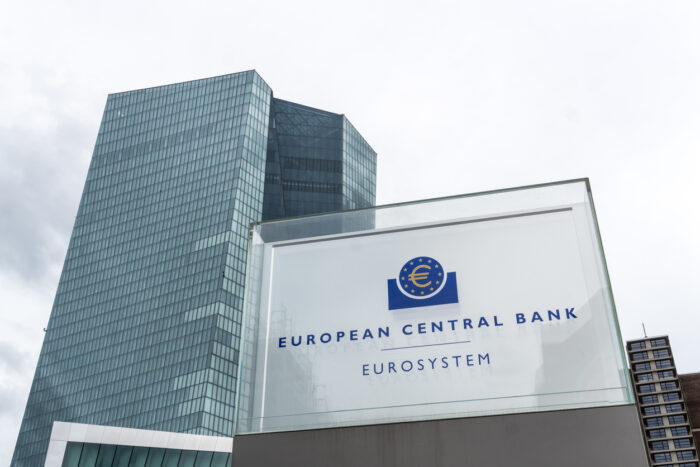In a conversation with Reuters, European Central Bank (ECB) policymaker Boris Vujcic expressed that the ECB is in no hurry to lower interest rates, emphasising the importance of ensuring inflation is firmly under control to maintain the institution’s credibility. Croatia’s central bank chief, who became a member of the ECB’s Governing Council last year, mentioned that adjusting rates could include pauses, suggesting that the “equilibrium” interest rate in Europe may now be higher than in previous years.
ECB Should Not Hurry To Cut Rates, Says Croatia’s CB Governor

Despite a rapid decrease in inflation from the high levels of 2022 and the euro zone’s current economic slowdown, market forecasts anticipate up to five ECB rate reductions this year, potentially starting as early as April. However, Vujcic and other policymakers in Europe and the Federal Reserve in the United States advocate for a cautious approach.
“We need some patience now,” Vujcic stated, acknowledging the progress in reducing inflation but pointing out persistent inflationary pressures in services and domestic sectors alongside a robust European labour market.
The timing for the ECB’s next moves remains uncertain. Still, Vujcic stressed the importance of accuracy, especially given the unforeseen inflation surge following the COVID-19 pandemic’s easing and the conflict in Ukraine. He referenced an IMF paper that cautioned against central banks prematurely declaring victory over inflation, underscoring the need for careful decision-making.
Vujcic’s remarks followed a discussion at Warwick University with economist Charles Goodhart, who predicted that the current inflation slowdown might only last another 6-9 months. Goodhart highlighted long-term inflation drivers such as high debt levels, declining workforces, climate change, and deglobalisation.
Don’t miss out the latest news, subscribe to LeapRate’s newsletter
Addressing concerns about potential political developments, such as Donald Trump’s influence on U.S. monetary policy, Vujcic advised against overemphasising politics until its economic implications are clear. He noted that previous trade restrictions under Trump had impacted globalisation and could influence future inflation.
Vujcic also discussed the concept of the “equilibrium” interest rate in the eurozone, considering the impact of recent global challenges. Given the various factors at play, he suggested that this rate is likely higher now, though the exact increase remains to be seen.
As speculation about when the ECB might begin to cut its record-high 4% interest rates continues, Vujcic believes that a delay of a month or two is inconsequential, given the unlikely prospect of a severe recession.